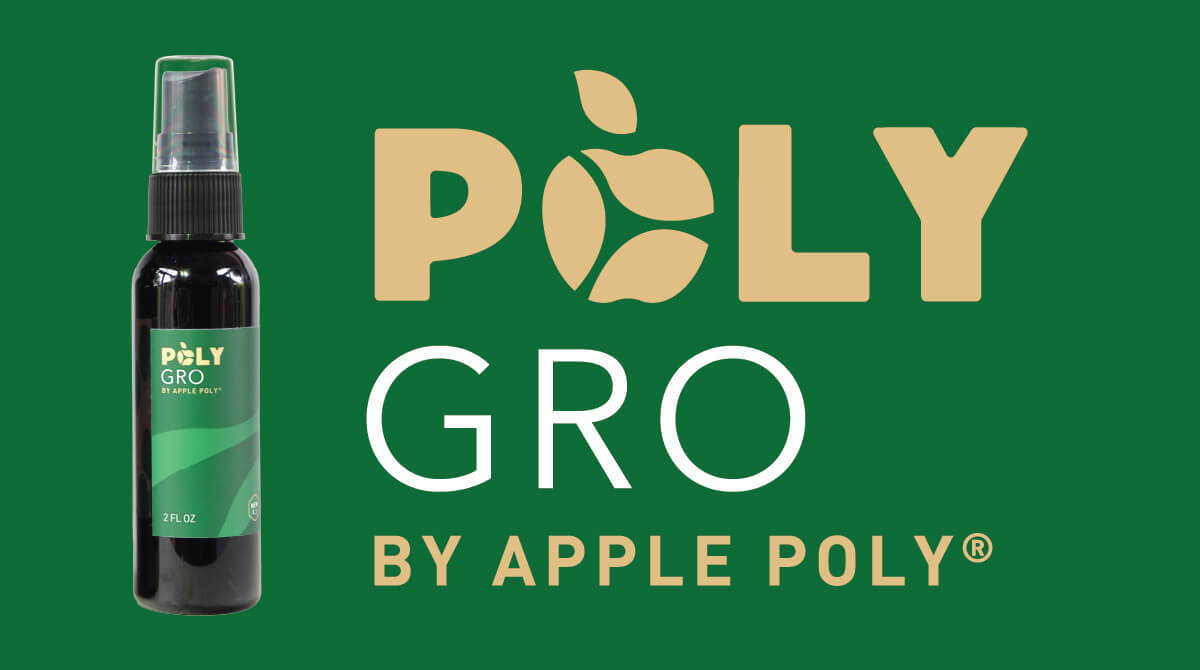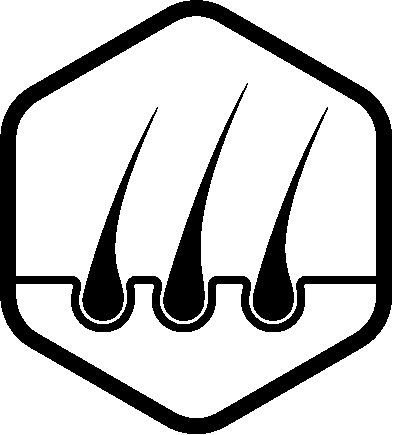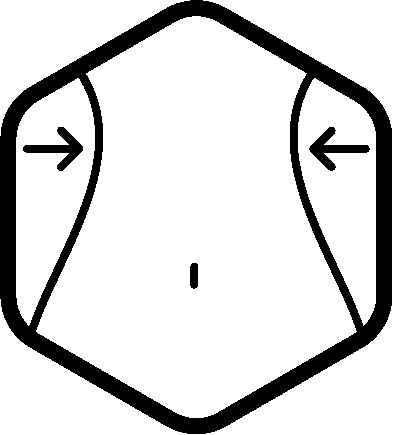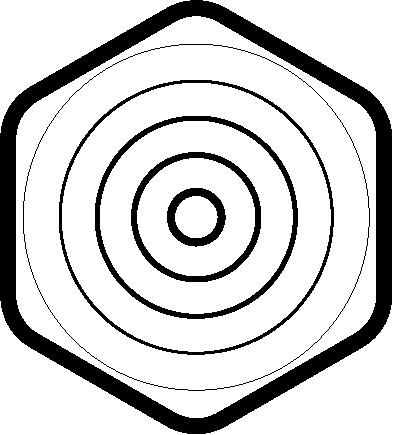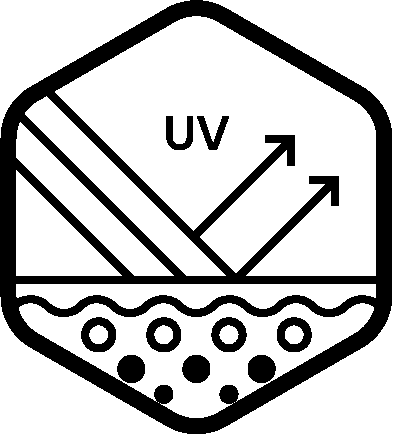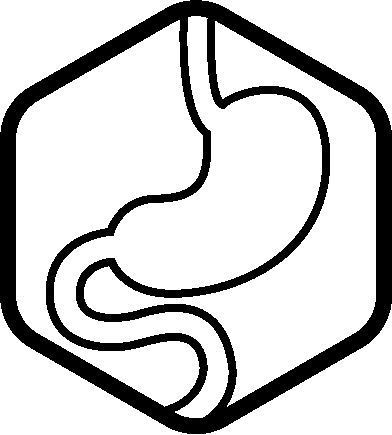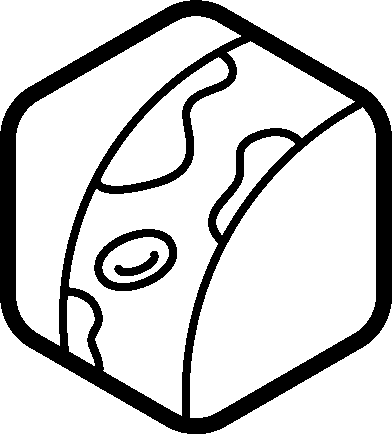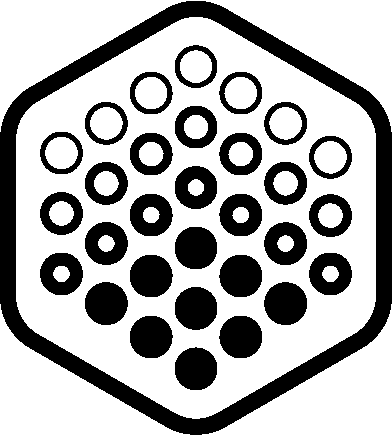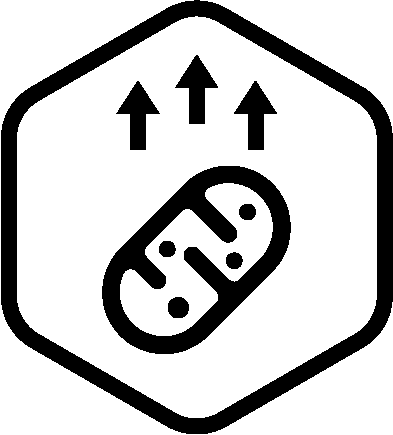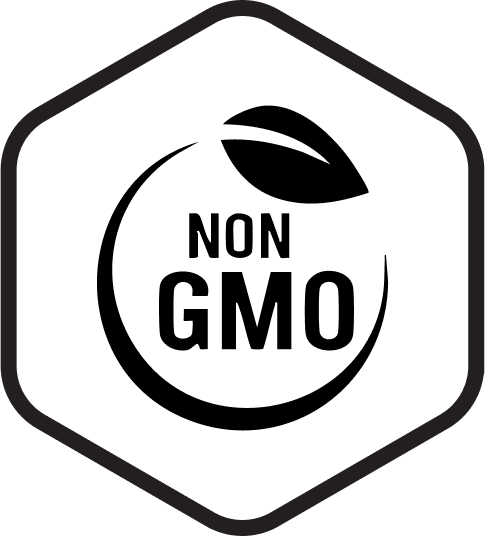Publication Date:
2005-08-21
Institutions involved:
- Tsukuba Research Laboratories, Kyowa Hakko Kogyo Co., Ibaraki, Japan
- Kagoura Dermatologic Clinic, Toyama, Japan
- Department of Dermatology, Toyama Medical and Pharmaceutical University, Toyama, Japan
Participants:
21 men in the procyanidin group, 22 men as placebo control
Duration:
6 months, extended to 12 months
Dosage:
0.7% topical procyanidin agent
Learn more
Try Apple Poly Now
Key Takeaways:
Procyanidin oligomers from apples promote hair growth in a double-blind, placebo controlled clinical trial.
Subjects treated with apple procyanidins saw a significant increase in hair density after 6 and 12 months.
Hair density increased progressively, suggesting consistent long-term benefits, with no adverse side effects.
Apple Poly Summary:
Why is this study important? This 12-month clinical trial investigated the effects of topically applied apple-derived procyanidin oligomers on male pattern baldness. The treatment significantly increased hair count over time without side effects, reinforcing the long-term potential of polyphenol-based therapies for hair regrowth.
In Plain English: Scientists tested a scalp treatment made from natural apple compounds to see if it could help with hair loss. After a year of use, men who applied it had more hairs growing in—and the longer they used it, the better the results. There were no side effects, suggesting this apple-based formula might be a safe way to support hair growth.
For Medical Professionals: In this 12-month double-blind, placebo-controlled trial, 43 men with androgenetic alopecia applied a 0.7% topical solution of apple-derived procyanidin oligomers. After 6 months, the treatment group showed a statistically significant increase in total hair count compared to placebo (p < 0.001), with continued improvement observed through 12 months. No adverse effects were reported. These findings support the sustained efficacy and safety of procyanidin oligomers—particularly B-1, B-2, and C-1—as non-hormonal agents for promoting hair density in AGA.
Abstract:
Background: Procyanidins are a family of condensed tannins, which have been shown to possess hair-growing activity in both the in vitro and in vivo murine models.
Aims: We report a 12-month clinical study aimed at treating male pattern baldness by external application of 0.7% apple procyanidin oligomers.
Patients/methods: A double-blind clinical test involving a total of 43 subjects was performed. Twenty-one men in the procyanidin group and 22 men in the placebo control group were subjected to analysis. In the first 6 months, we compared the procyanidin and the placebo groups to assess the medicinal effects of procyanidin oligomers. The application time of the procyanidin group was subsequently extended to 12 months, and the time course of its remedial value was examined.
Results: The increase in total number of hairs in a designated scalp area of the procyanidin group subjects after the 6-month trial was significantly greater than that of the placebo control group subjects (procyanidin, 3.3 ± 13.0 (mean ± SD)/0.50 cm2 ; placebo, −3.6 ± 8.1/0.50 cm 2 ; P < 0.001, two-sample t-test). Time course-dependent improvement in hair density was observed in the procyanidin subjects. No adverse side effects were observed in any of the subjects. Procyanidin therapy thus shows potential hair-growing activity.
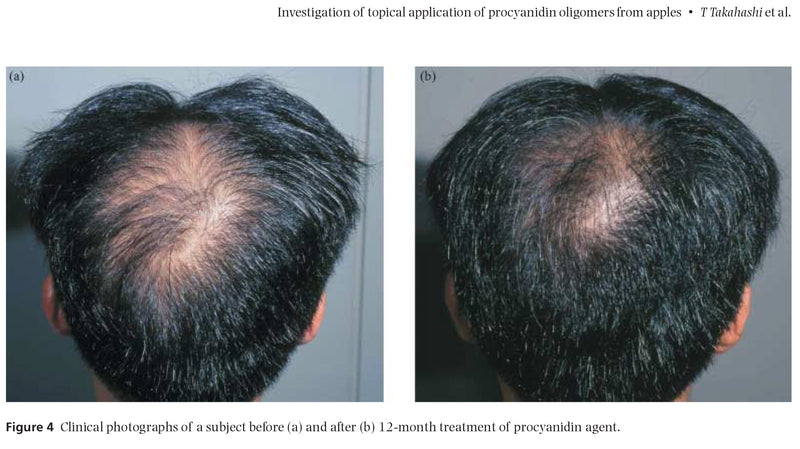
Blackwell, Publishing, et al. “245 Original Contributions Investigation of the Topical Application of Procyanidin Oligomers from Apples to Identify Their Potential Use as a Hair-Growing Agent.” Blackwell Publishing • Journal of Cosmetic Dermatology, vol. 4, 2005, pp. 245–249, www.eeose.com/UserFiles/Image/files/pdfler/procyanidinno_f.pdf. Accessed 16 June 2025.

